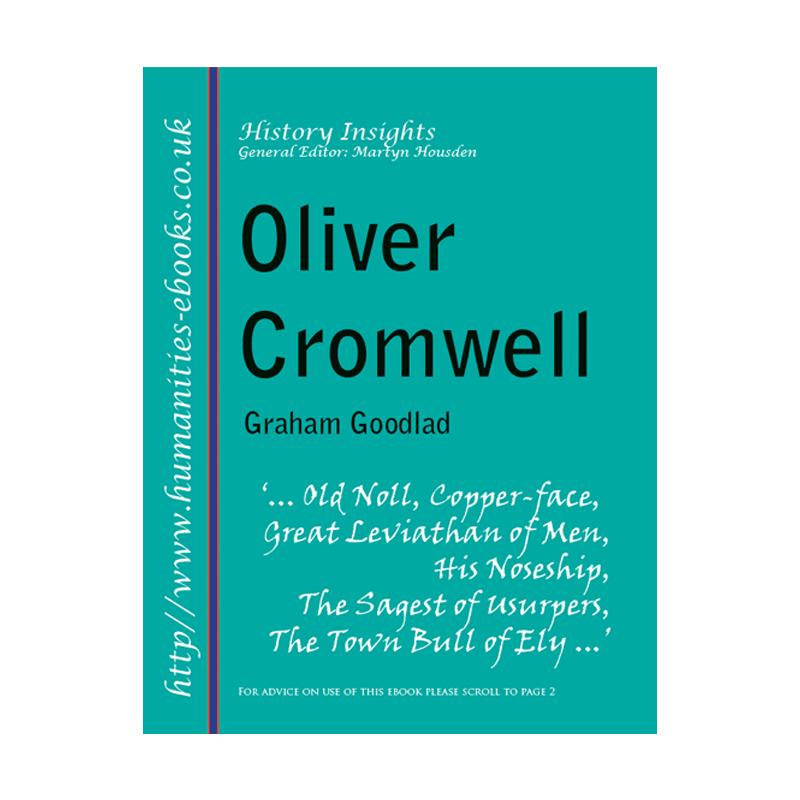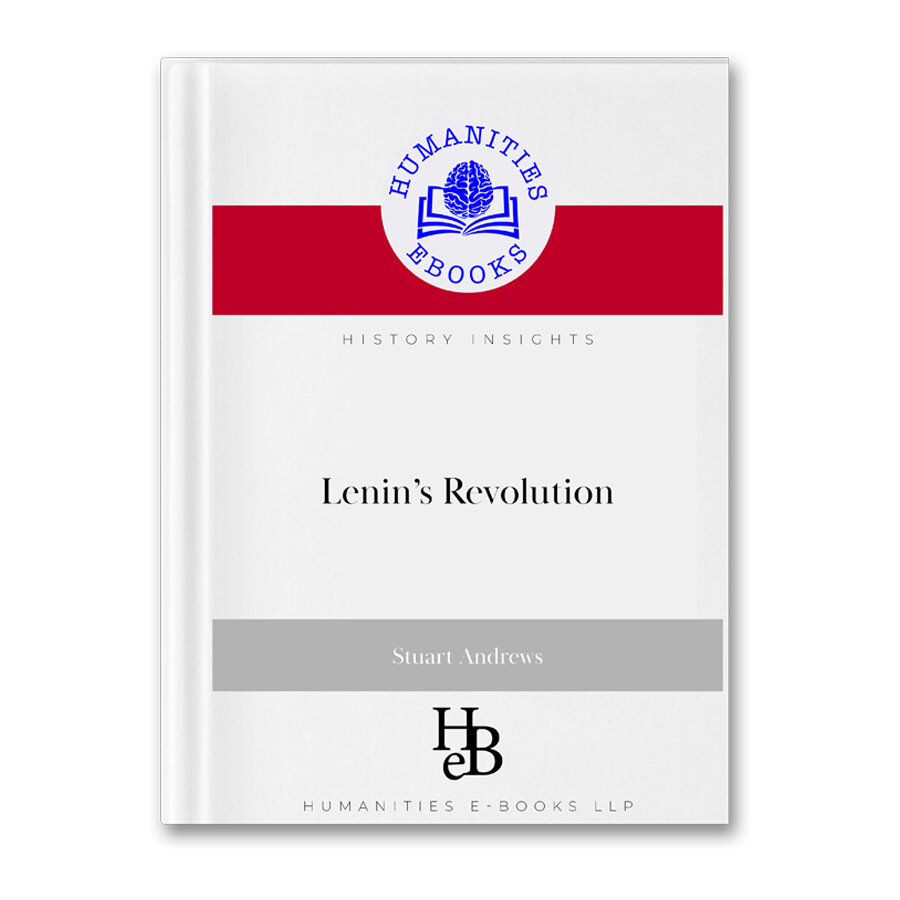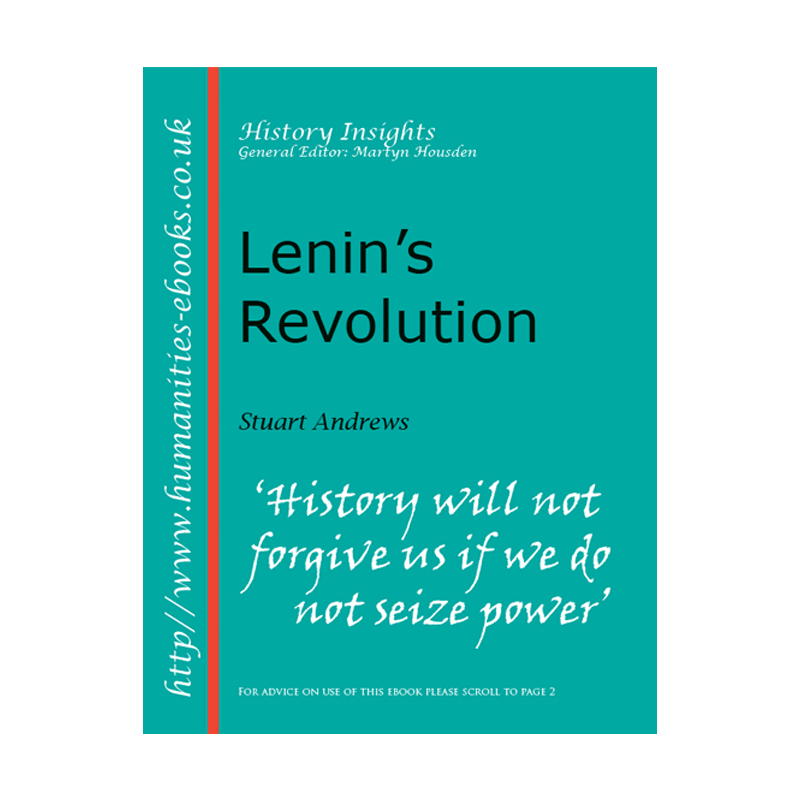Description
The aim of this study is to set Methodism in its historical context - theological, social and political. It examines the intellectual and ecclesiastical climate in which Methodism grew up, throws light on the motivation of John Wesley himself and illustrates the social impact of the movement under his leadership - and after his death. John Wesley's own theological journey is traced from Hanoverian high churchmanship, through acceptance of Lutheran justification by faith and opposition to Calvinist emphasis on predestination, to his break with the Church of England in ordaining his own ministers for America. But Methodism was much more than a matter of theology. It developed a uniquely effective pastoral organization, offered education to the unschooled of all age-groups and did not think itself threatened by the progress of science. The concluding chapter examines the claim that Methodism saved England from violent revolution - first advanced by Lecky in the eighteenth century and echoed by Halevy in the nineteenth. Andrews takes a more sceptical view, while providing evidence of the impact of individual Methodists on social conditions (and on the nation's social conscience) through private philanthropy, public preaching and active trade-union leadership.
Author
Stuart Andrews, a former scholar of Sidney Sussex College, Cambridge, was headmaster of Norwich School and Clifton College and editor of the Headmasters' Conference journal. He is now librarian of the Wells & Mendip Museum. He has written six other books on eighteenth-century history, the three latest on counter- revolutionary rhetoric in the decades following the American and French revolutions. His Irish Rebellion: Protestant polemic 1798-1900 was published by Palgrave/Macmillan in 2006.
 Image 1 of
Image 1 of














